Thirty-six years ago today, one of the most controversial championship deciders in F1 history unfolded at Suzuka Circuit, creating a significant moment in the sport's governance.
The 1989 Japanese Grand Prix had all the ingredients for drama: two legendary drivers, team-mates at war, a championship on the line, and a governing body that would find itself at the centre of intense scrutiny.
What transpired on October 22, 1989, was more than a championship decider; it was a pivotal moment that raised questions about Formula 1's decision-making at its highest levels.
Alain Prost arrived in Japan holding a commanding 16-point lead over his McLaren teammate Ayrton Senna.
The maths were clear for the defending champion; Senna needed victory to keep his title hopes alive, whilst Prost could afford to finish behind and still claim his third championship.
It was a scenario that would test both the limits of sporting rivalry and the authority of motorsport's governing body, FISA.
Viewed by others:
The intra-McLaren controversy
The weekend began with Senna's typical qualifying dominance, securing pole position by a staggering 1.7 seconds over Prost.
Yet the Frenchman, ever the tactician, had made strategic adjustments that would prove crucial. He removed the gurney flap from his rear wing to increase straight-line speed and worked extensively on his race setup throughout practice.
That preparation paid dividends immediately. Despite starting from the dirty side of the grid, Senna lost the lead to Prost at the start, and the Frenchman's reduced-drag setup allowed him to control the race from the front.
As the laps ticked by, Senna found himself trapped behind his team-mate, his patience wearing thin with each passing moment.
With just six laps remaining in the 53-lap race, Senna's desperation reached breaking point. On lap 47, he lunged from a considerable distance back to attempt an overtake at the chicane, diving to the inside line with his front wheels barely alongside Prost's cockpit.
What happened next remains one of Formula 1's most debated moments. Prost, who had publicly declared before the race that he would not "open the door" for Senna, squeezed over for what he considered a normal turn-in.
Senna, committed to the move but unable to complete it with his front wheels still behind Prost's rears, made contact.
Both cars slid straight off the track, coming to rest side by side in the escape road.
The immediate aftermath revealed different approaches from both drivers. Prost, believing his car was damaged beyond repair, climbed out and began walking away.
Senna, however, remained in his cockpit, urgently signalling marshals to push-start his McLaren.
Unprecedented Disqualification
What followed was a remarkable comeback drive. After the marshals complied with his request, Senna weaved through the barriers and rejoined the track after the chicane, having completely bypassed it.
Despite needing an unscheduled pit stop to replace his damaged front wing, he mounted a charge through the field, eventually overtaking Alessandro Nannini's Benetton to cross the finish line first.
The celebrations were short-lived. Race stewards disqualified Senna for missing the chicane and gaining a competitive advantage, a decision that was unusual in its application.
From 1979 to 1989, 26 drivers had been disqualified from Formula 1 races, yet none for cutting corners or taking the wrong route. Senna became the first, despite losing time rather than gaining any advantage.
The disqualification handed Nannini his only Formula 1 victory and made it mathematically impossible for Senna to catch Prost in the championship. When McLaren appealed the decision, the governing body's response was swift and severe.
At the subsequent FISA hearing in Paris, not only was Senna's disqualification upheld, but he received an additional £100,000 fine and a six-month suspended ban. FISA labelled him a "dangerous driver" in what appeared to be an escalation of the matter.
Senna's response was direct. He publicly accused FISA President Jean-Marie Balestre of manipulating the championship outcome, stating that "political and economic pressure groups manipulated behind the scenes to make Prost world champion."
McLaren team boss Ron Dennis supported his driver, asserting: "This is not going to get tucked under the carpet. What took place was wrong, fundamentally wrong."
Balestre's counter-attack and later admission
Balestre's retaliatory response revealed the extent of the governing body's reaction. The FISA president summoned Senna to a meeting in Paris, which reportedly ended without resolution when Senna rejected Balestre's offer of a truce.
The World Motor Sports Council then voted unanimously that Senna's 1990 super licence application would be refused unless he publicly withdrew his allegations about championship manipulation.
The sanctions were severe in their scope. When the January 31, 1990, deadline for team entries passed, FISA returned McLaren's official entries, with Balestre stating this would continue until he received an apology for Senna's remarks.
The message was clear: challenge the governing body's authority at your own risk.
For years, Balestre maintained his position, claiming he had not influenced the stewards' decision. However, the full picture would eventually emerge.
In 1996, after leaving the FIA (modern-day FISA) presidency, Balestre publicly admitted that he had acted to favour Prost, his fellow countryman, in the aftermath of the 1989 Japanese Grand Prix.
This admission confirmed Senna's claims about bias and manipulation, validating concerns that the title was affected by political considerations.
The 1989 Japanese Grand Prix remains a significant moment in Formula 1 history. It raised questions about the sport's governing body's neutrality, created lasting tensions between key figures, and influenced one of racing's greatest talents losing what could have been his second-consecutive championship.
Don't miss out on any of the Formula 1 action thanks to this handy 2026 F1 calendar that can be easily loaded into your smartphone or PC.
Download the calenderMost read
In this article
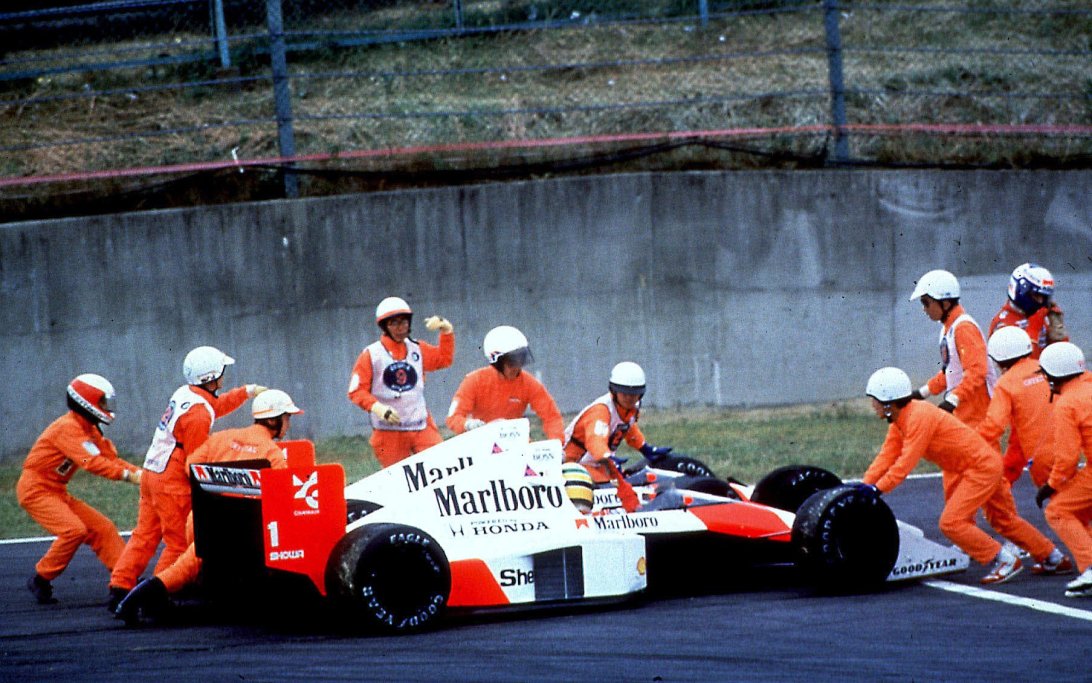

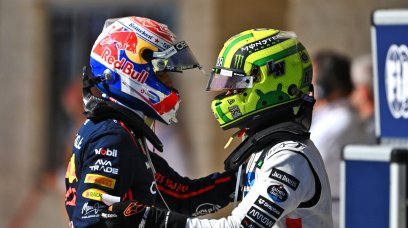
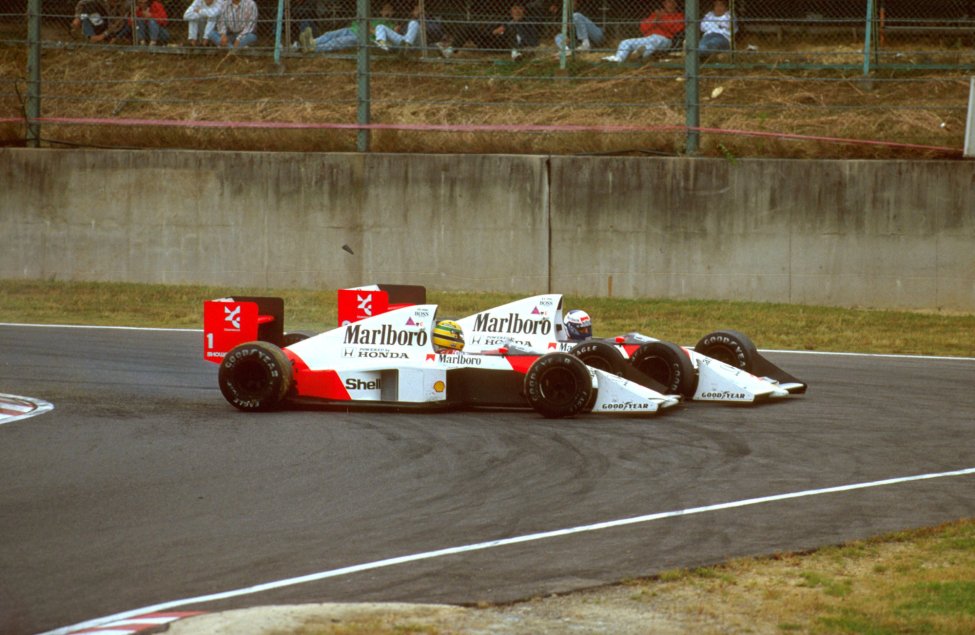
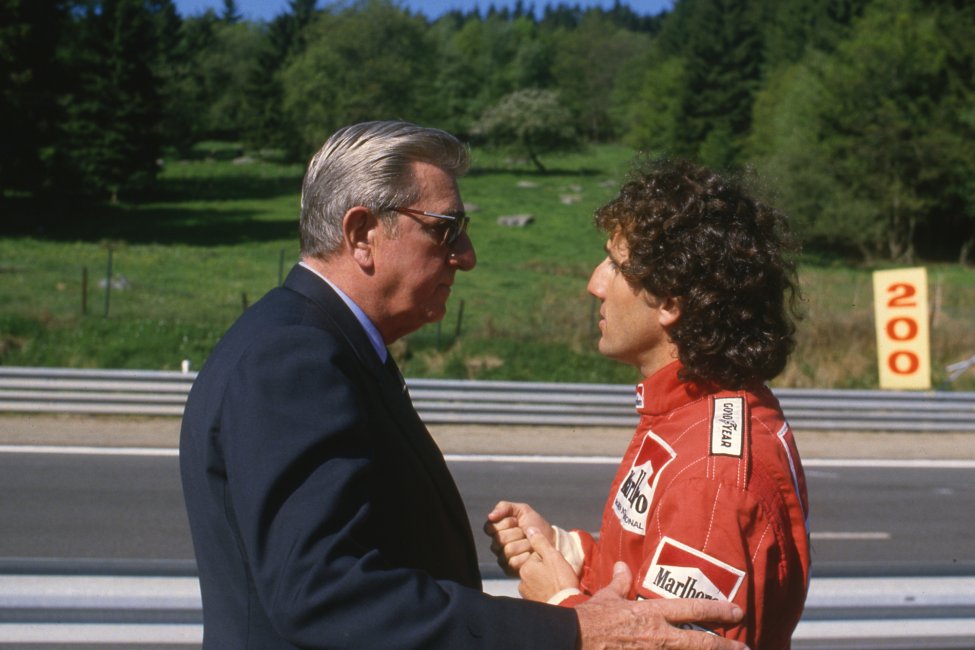
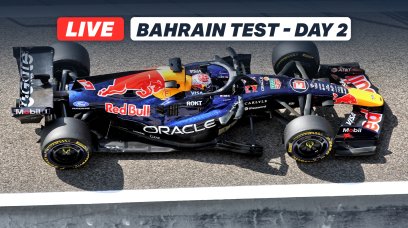
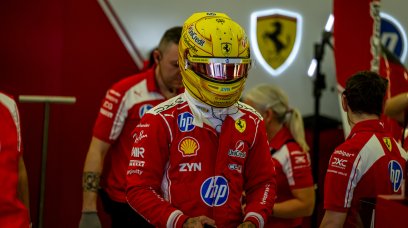
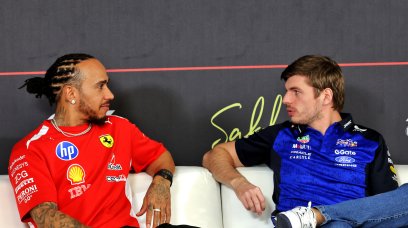
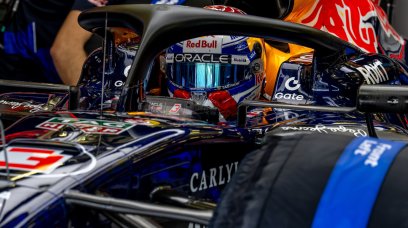
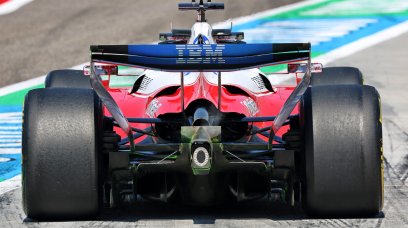
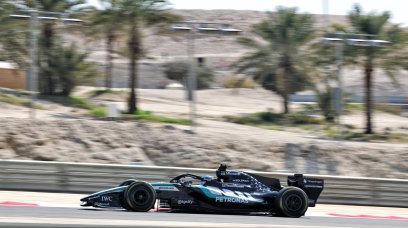
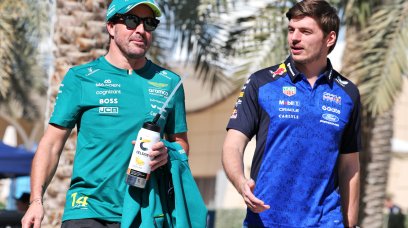
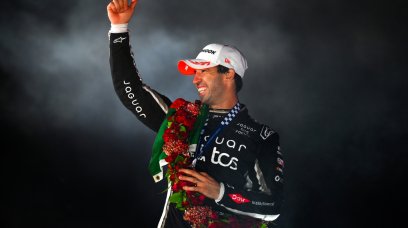

Join the conversation!